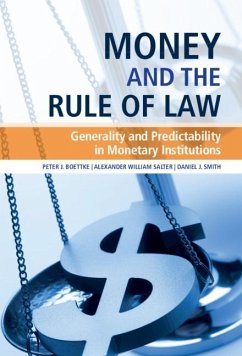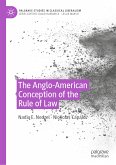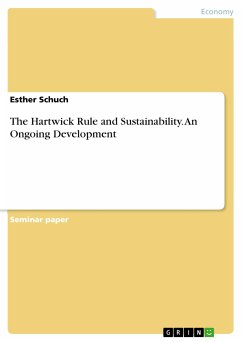Contemporary monetary institutions are flawed at a foundational level. The reigning paradigm in monetary policy holds up constrained discretion as the preferred operating framework for central banks. But no matter how smart or well-intentioned are central bankers, discretionary policy contains information and incentive problems that make macroeconomic stability systematically unlikely. Furthermore, central bank discretion implicitly violates the basic jurisprudential norms of liberal democracy. Drawing on a wide body of scholarship, this volume presents a novel argument in favor of embedding monetary institutions into a rule of law framework. The authors argue for general, predictable rules to provide a sturdier foundation for economic growth and prosperity. A rule of law approach to monetary policy would remedy the flaws that resulted in misguided monetary responses to the 2007-8 financial crisis and the COVID-19 pandemic. Understanding the case for true monetary rules is the first step toward creating more stable monetary institutions.
Dieser Download kann aus rechtlichen Gründen nur mit Rechnungsadresse in A, B, BG, CY, CZ, D, DK, EW, E, FIN, F, GR, HR, H, IRL, I, LT, L, LR, M, NL, PL, P, R, S, SLO, SK ausgeliefert werden.









